
The MYD88 driver mutation was detected in the cerebrospinal fluid of a majority of patients with CNS lymphoma, indicating its potential utility as a diagnostic and monitoring tool.

Your AI-Trained Oncology Knowledge Connection!


The MYD88 driver mutation was detected in the cerebrospinal fluid of a majority of patients with CNS lymphoma, indicating its potential utility as a diagnostic and monitoring tool.

In this patient-reported outcomes analysis of the COMBI-AD study, researchers looked at the health-related quality of life in those with resected stage III melanoma with BRAF mutations.

Researchers looked at the outcomes of patients who experienced cutaneous toxic effects after treatment with anti–PD-1 therapy for advanced melanoma compared with patients who did not.
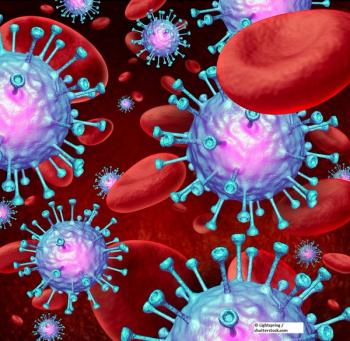
A phase III trial examined immunotherapy in patients with microsatellite-stable metastatic colorectal cancer.

Researchers looked at the treatment failure rate for immunotherapy with R-CHOP in patients with diffuse large B-cell lymphoma who were occupationally exposed to pesticides.

The number of patients reporting side effects related to chemotherapy increased by more than 40 percentage points after the implementation of a chemotherapy toxicity screening form.

The researchers explored implementation of physical activity for men recently diagnosed with prostate cancer to see which interventions will be best sustained over time.

The THRIVE Program includes an 8-hour retreat designed to teach staff skills for combating compassion fatigue and for promoting resilience.

The clinic educates, evaluates, and guides patients with prostate cancer on available treatments and helps to control associated anxiety.

Oncology advanced practice registered nurses can play a critical role in providing primary palliative care to patients with cancer.

Researchers compared the newly developed PRIMA-PI risk score against FLIPI and FLIPI-2 in patients with follicular lymphoma.
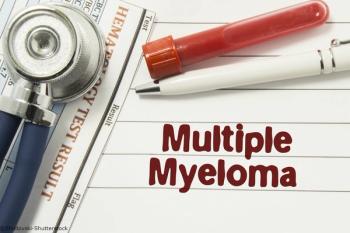
Researchers tested the combination of isatuximab with dexamethasone and pomalidomide in patients with relapsed or refractory multiple myeloma.
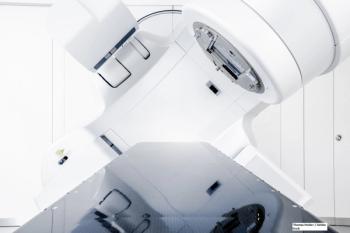
A retrospective study supported the role of primary radiotherapy in early-stage follicular lymphoma.
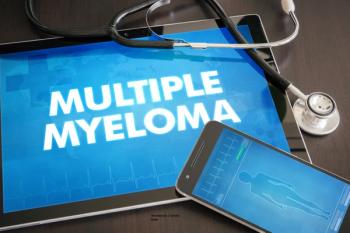
Researchers have identified a potential new target for CAR T-cell therapy in patients with multiple myeloma.

Researchers looked at the trends and risk factors for opioid-related hospitalizations among patients with cancer.

A series of communication-focused interventions were implemented to try to improve conversations about values, goals, and preferences with patients with life-limiting cancer.

A single-center evaluation of the FDA's Expanded Access program indicated broad use of the program among the center’s patients, including a large percentage of pediatric patients.

The FDA has granted Priority Review to Celgene’s application for lenalidomide in combination with rituximab for previously untreated follicular lymphoma.
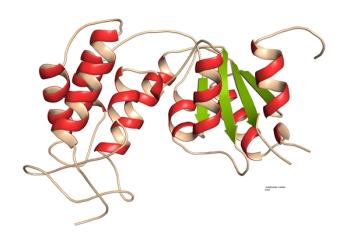
The phase III COLUMBA study compared a subcutaneous formulation of daratumumab vs the intravenous form in patients with relapsed or refractory multiple myeloma.

Researchers studied the use of minimally invasive robotic surgery for hysterectomy and its risk for complications in the treatment of endometrial cancer in Denmark.

The PRECIS study looked at consolidation treatment with autologous stem cell transplantation vs whole-brain radiation therapy in younger patients with CNS lymphoma.

Researchers have developed and validated a clinical scoring system that could help guide treatment decisions among patients with multiple myeloma.
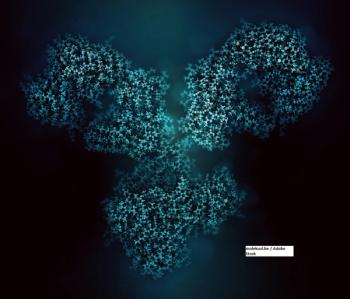
Researchers examined the effect of early progression in a real-world setting of follicular lymphoma patients.
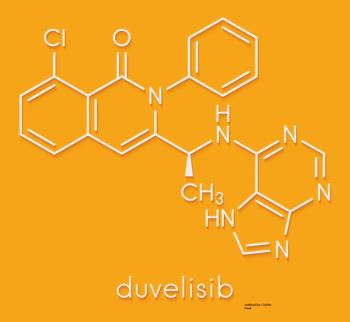
The DYNAMO study investigated the oral PI3K gamma inhibitor duvelisib in heavily pretreated indolent non-Hodgkin lymphoma patients.
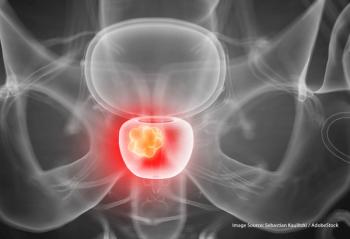
Researchers found that the HSD3B1 genotype may be a predictive biomarker for the use of certain prostate cancer therapies.
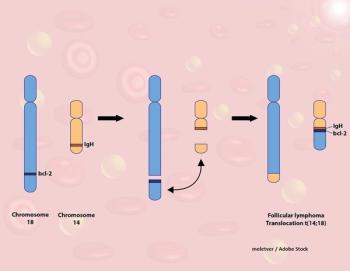
In this study, single-agent ofatumumab did not show superiority to rituximab or obinutuzumab, raising the question of whether ofatumumab should have a role in the treatment of follicular lymphoma.
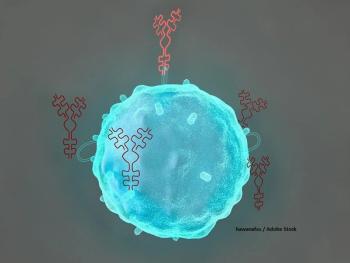
The final results of the LNH-PRO-05 study showed that a combination of antiproliferative and immunomodulatory agents with chemo had good outcomes in follicular lymphoma patients.
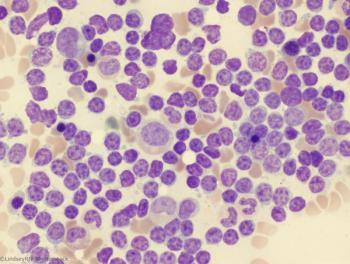
The combination of ibrutinib and nivolumab showed promising clinical response in patients with Richter’s Transformation.
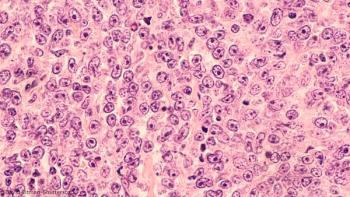
Is Aurora A kinase inhibitor alisertib superior to standard treatment protocol for peripheral T-cell lymphoma?
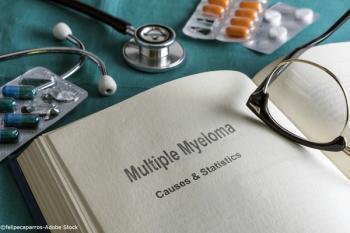
A study investigates the efficacy of a second AHCT or RVD consolidation post-AHCT intervention in transplantation-eligible myeloma patients with multiple myeloma.